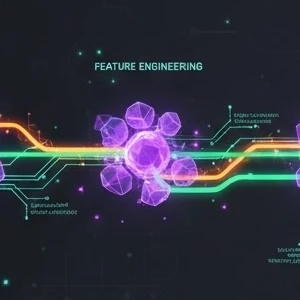The Last to Think
Human or Machine?
Every generation discovers its technological bogeyman. Some new device emerges, and suddenly civilization teeters on the brink of idiocy. You could set your Apple Watch by these panics—assuming it has a charge. Lest we resort to analog timekeeping.
Today’s panic centers on AI, but before we hyperventilate about 12-year-olds who couldn’t write an analog ‘thank you’ note yet can “write” a deep philosophical paper on the themes of justice and redemption in The Brothers Karamazov, let’s check our historical receipts.
From CliffsNotes to calculators, each new technology has sparked fears of intellectual decay. In the 1940s, educators warned that CliffsNotes would make students lazy readers. In the 1950s, comic books were blamed for juvenile delinquency. The 1980s saw calculators branded as “crutches that will hobble a generation.” The internet was once feared as the end of attention spans, yet it democratized knowledge and connected rural students to world-class resources. Each time, society adapted rather than collapsed.
Consider GPS—the doomsayers were technically right. Most people under 40 can’t read paper maps. But instead of becoming wayward travellers, we gained the ability to navigate more often, in any city worldwide, all while avoiding traffic. Who is hand-wringing about the loss of map-reading skills now? No one. We adapted.
AI will surely follow this pattern.* Yes, it can process vast information and generate human-like text at inhuman speeds. No, it can’t replicate human emotional intelligence or creativity. The challenge isn’t preventing its use but teaching its effective application, building literacy around it. Students need to understand when AI amplifies learning versus short-circuits development. Educators must redesign assessments for an AI-augmented world.
We simply can’t expect the old methods to work in this new landscape.
We survived calculators, CliffsNotes, and (so far) TikTok. We’ll survive ChatGPT. The kids will adapt. I hope the adults don’t take too long to catch up.
* Assuming we can improve the environmental impact, and avoid a dystopian nightmare. But that’s a topic for another day.




